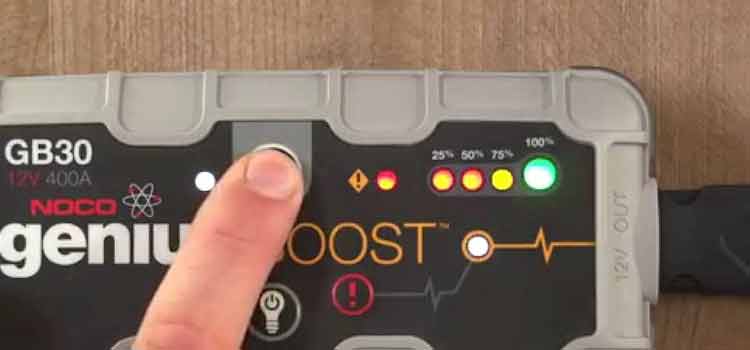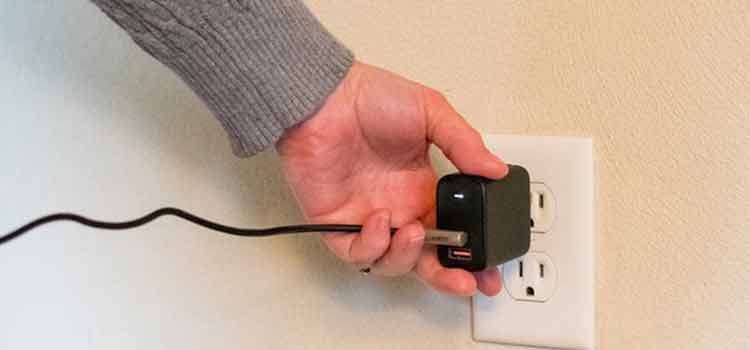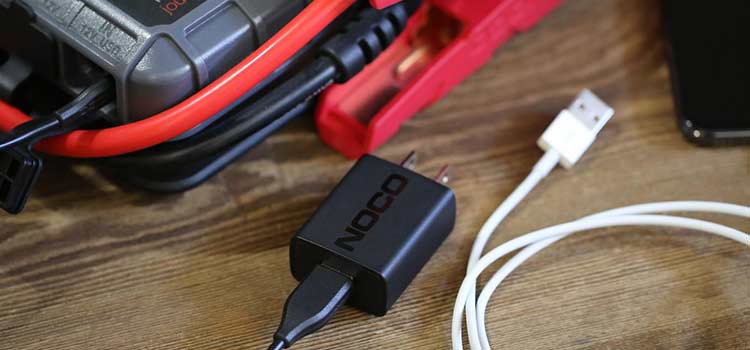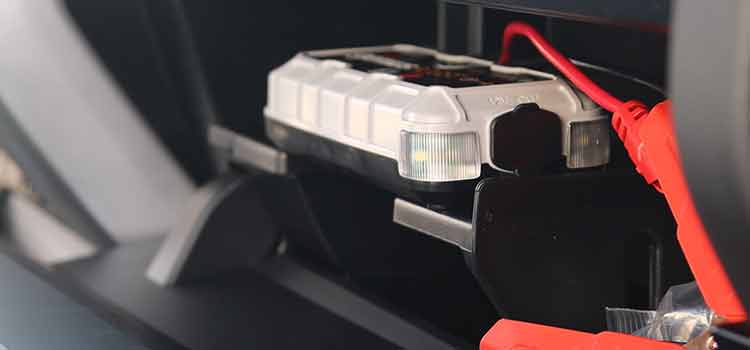
Jump-starter is a portable power pack that you can use to give a jump start or boost to a car with a bad battery to start its engine.
Some people might think that a jump starter has to be fully charged to jump a car, but that is not the case. A good-brand jump starter can still jump-start a vehicle with a 50 to 75 percent charge on it. This is because good-quality jump starters have enough capacity to jump-start a car multiple times on a single charge.
In my experience of testing a whole lot of jump starters (19 to be exact), I found out that most of the jump-starters started cars (with cold engines) multiple times, with very few exceptions on the list.
Weego 22s is a jumps starter praised by a lot of “tech reviewers”, but in my testing, I found it quite awful. It failed to jump-start the car with a weak or dead battery. And no, it was not the faulty unit I got. Amazon replaced my unit multiple times.
When I looked into it online and started reading reviews on Amazon, I found out that I was not the only one having a problem with this jump starter. A whole lot of people were complaining about this jump starter.
So buying a good quality jump starter (from a name brand) helps. Noco, NexPow, Trekpow, RavPower, and Beat it are all good brands.
How often should you charge a jump-starter?
All portable jump starter has lithium-ion batteries inside. Experts say that after 30 full charge cycles, you can let your battery deplete to 0 percent and it won’t hurt its capacity and lifetime.

A lot of jump starter manufacturers recommend that you should at least charge your jump starter once every three months. Also, it is a good idea to not fully discharge the jump-starter to zero percent, where it can not even charge a phone.
In my testing and knowledge, this “charging and discharging” applies to all jump starters, portable power banks, and other gadgets with lithium-ion batteries. As all lithium-ion batteries are the same and share the same chemistry.
Unlike nickel-cadmium batteries, lithium-ion batteries do not suffer from the “battery memory” issue. This is the issue where a battery loses all its capacity if it’s charged and discharged only a small amount. The battery becomes unable to hold a charge (or the amount of charge it used to do).
2 Tips on Prolonging the Battery Health of a jump-starter
Here are my “2” tips on “jump-starter battery care”. I do these myself and thought I’d share them with you all.
1. Do not leave it plugged in once it has done charging.

This is something we all do to all of our gadgets, and portable power packs like jump starters and power banks suffer the most. They all have huge batteries when compared to our phones, so they take a long time to get fully charged. Sometimes even days if we are using that lousy 1A iPhone charger.
It is a good practice to unplug a jump starter or a power bank when it has changed to 100%. While it’s not possible to overcharge your portable jumpstarters, leaving it plugged in does degrade the battery over time. You can even unplug it when it has to charge to 80 or 90 percent.
This is the charging method Tesla uses in their cars, and this prevents battery health degradation in their vehicles. Even after 5 years.
2. Store it in a cool, dry place.

Read also: Can You Use A Jump Starter While Plugged In?
Don’t throw your jump starter in your trunk. Instead, store it in your glove box, inside your car, and always park it under the shade. It is not only good for the jump starter but also great for the interior of the vehicle. And if you don’t have enough space in there, maybe it’s time to take out the extra things that are taking up precious space in there. We all have old tissues and half-packs of gum in there.
Your glovebox should contain essentials, like insurance papers, registration, and a pen and paper.
And while you are at it, also clean your door pockets and organize them.
Sources:
My knowledge and extensive testing of a lot of jump starters.
Noco FAQs about jump-starters.
